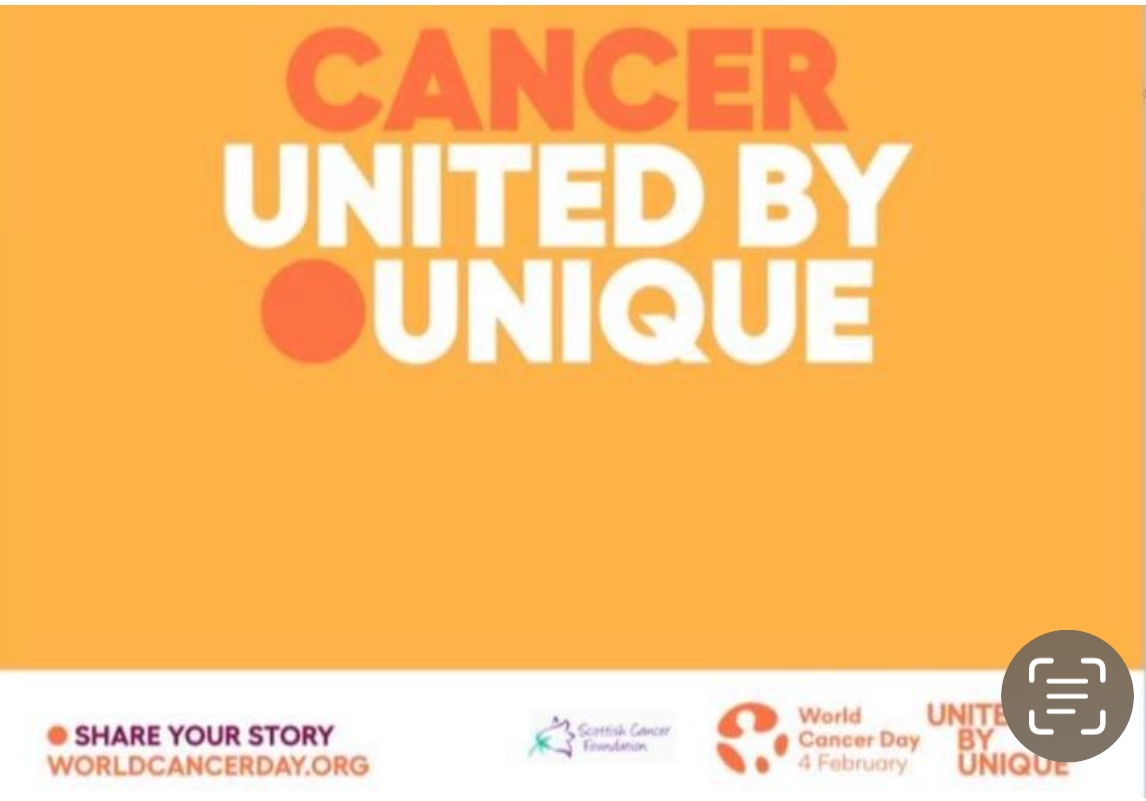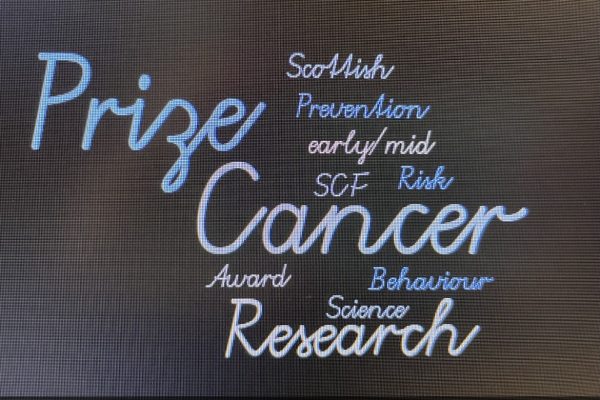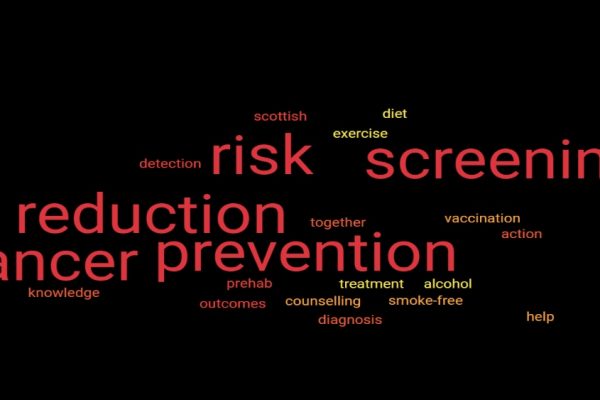In 2022, 20 million new cancer cases were reported worldwide. Each one of these cases represents a unique human being coming to terms with a disease that may or may not be treatable and that may be dependent as much on where someone lives as the care available. In Scotland (Public Health Scotland, 2024) there were 36,036 new cancers registered in 2022 demonstrating a continuing upward trend in incidence (there were 32,384 diagnosed in 2013). We live in a country with excellent screening services that succeed in identifying early stage cancer for 3 sites, we do our best on timely and appropriate treatments but do we really embrace cancer risk reduction both at primary and secondary level?
Every person living with and beyond a cancer diagnosis has an individual lived experience that will impact on them and those around – family, friends, colleagues and communities. Taking action to prevent recurrence and second cancers is important to the individual but needs to be supported by those around. Changing or maintaining healthy lifestyles can be both liberating and challenging. After diagnosis, prehabilitation (PreHab) action offer an opportunity for the individual to be involved in people-centered care through embracing and engaging with facilities well beyond health services. Physical activity is at the core of PreHab with each person (literally) taking steps and movement to build muscle, confidence and well-being a day at a time. Being active ever day is also important for primary prevention whether its walking or walking football, Pilates or pickleball, arm circles or archery, biking or bicep curls -every movement counts.
Sadly, many cancers are now being diagnosed in younger people. For example, in Scotland, colorectal cancer (CRC) in both men and women under 50 has increased by 30% between 2012 and 2022) (Public Health Scotland, 2024) and provides a reminder that no one is too young or too old to benefit from healthy ways of life. World-wide, the UK is in the top 10 for highest age standardised rates for CRC incidence (WCRF, 2024). CRC is a cancer closely related to lifestyle and it is estimated that around 45% of the disease risk could be reduced through dietary and activity choices, weight management, alcohol reduction and avoiding smoking (WCRF, 2024). The disease can also be prevented through detection of adenomas (as per the Scottish screening programme) which is one reason why understanding more about people’s decision making on accepting screening invitations is important.
There is good news out there …it is estimated that round 40% of cancers are preventable – help to share the ways that can support cancer reduction for everyone in all our communities.
#WorldCancerDay #UnitedByUnique @worldcancerday
Emerita Professor Annie S. Anderson
Scottish Cancer Foundation





